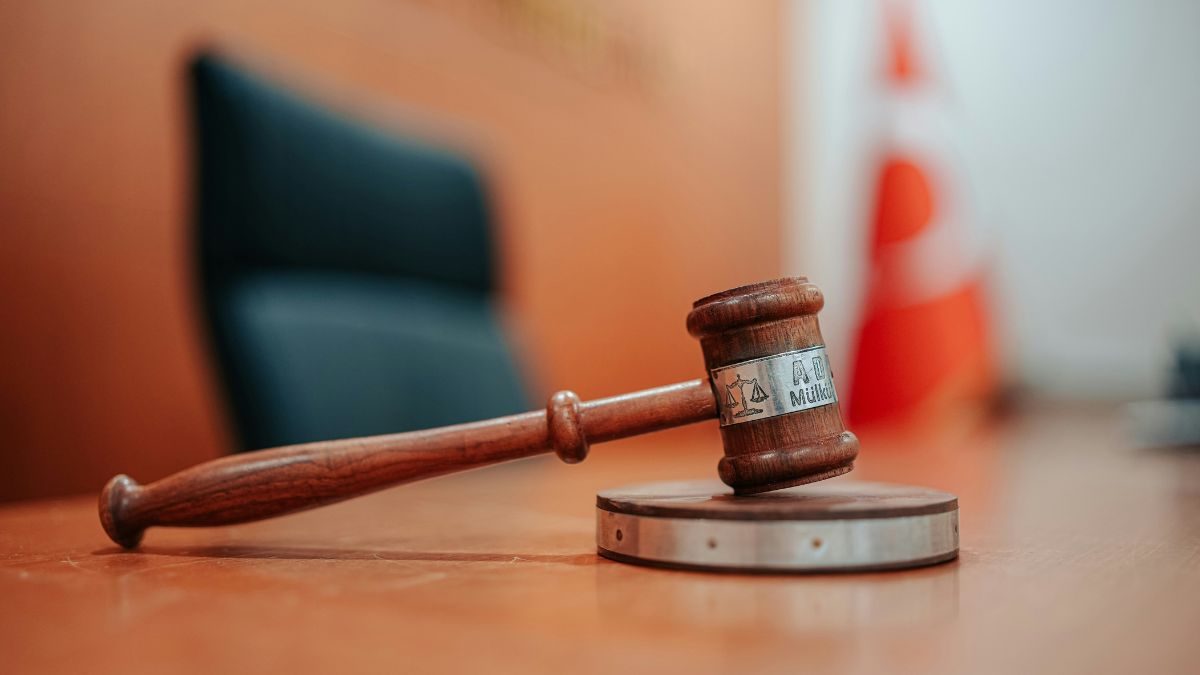

BreakPoint
Back to Basics
The outcome of the presidential election has sown panic and dismay among many evangelicals. In the 1980s evangelicals felt they had friends in high places—people in government sympathetic to our causes. But now many of those friends have been booted out of office, replaced by politicians who favor abortion rights, homosexual rights, and a host of other issues we oppose. Clearly it's a time for evangelicals to regroup and rethink our strategy. We have banked on winning many of our battles through political means. But in this election we suffered many political losses—which may well illustrate the old proverb that if you live by the sword, you will die by the sword. But perhaps this time of defeat can still be redeemed. Perhaps it will wean us away from reliance on political solutions and send us back to the basics. What are the basics? Building the church. After all, as I explain in my new book, The Body, the church is the only institution supernaturally endowed. It's the only institution for which Christ died. It's the only institution of which Christ promises that the gates of Hell cannot stand against it. Grasp these powerful teachings, and all else pales into insignificance. Election slogans, court decisions, anti-Christian bias in the media—what are these paltry forces compared to the promise of the King of kings. If you want to see the power of the church when it's out of power, just look at recent events in Eastern Europe. May Day, 1990. Moscow's Red Square. The usual May Day parade with tanks and missiles, all flaunting Soviet military might. But this year something interrupts the extravaganza. A group of Orthodox believers bursts into the parade, carrying aloft a huge crucifix, which blocks out the posters of Marx and Lenin. As they pass before the Soviet leaders, the priests cry out, "Christ is risen!" Within months the Soviet Union collapses. What toppled it? The faith of millions of believers who echo in their hearts, "Christ is risen, indeed!" Come with me now to Romania. Laszlo Tokes is pastor of a fast-growing reformed church. The Communist government moves to silence him by sending him into exile. But when police arrive, believers from all traditions—Orthodox, Catholic, and Protestant—form a human wall around his church. That religious protest inspires the entire population of Romania to rise up against government oppression. Within days the Communist dictatorship falls. In Czechoslovakia an obscure priest, Father Maly, is beaten for his witness to the Gospel and dispatched to clean toilets in the Prague subway system. Yet on that fateful night in December 1989, it is Father Maly who leads 800,000 people in a peaceful revolution that overthrows the Communists. After 70 years of Communist oppression, the church is victorious. So should we worry about losing an election in America? Come on! Let's put away our posters, lick our wounds, and then get down to the basic business at hand—building the church. For our political fortunes may wax and wane, but the Church remains forever.
11/5/92















